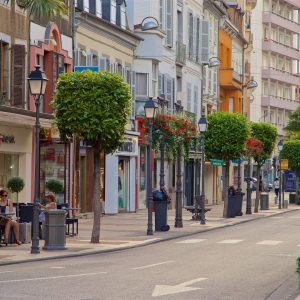Tarbes
- Home
- Tarbes
Information
Discover Tarbes
Activities to Try
Learning about horses and even horseback riding are popular activities to try in Tarbes. You can also try taking heritage walks that will take you to all the must-see places in France’s Tarbes.
Eat and Drink
Both local and international flavors are popular here. Try French, Indian, and other kinds of cuisines.
Stay
Hotels are available for rent in Tarbes. The bigger towns nearby have more accommodation facilities as well.
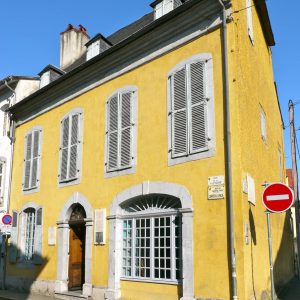
Maison Natale Ferdinand Foch

Jardin Massey
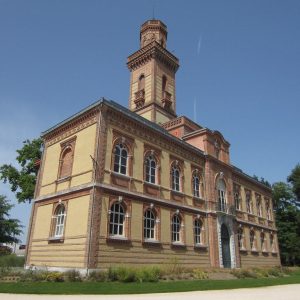
Musée Massey
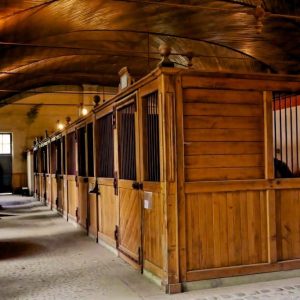
Haras National

Quartier d’Arsenal
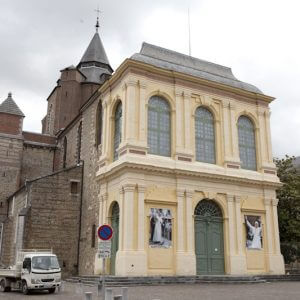
Tarbes Cathedral

Parc aux Rapaces
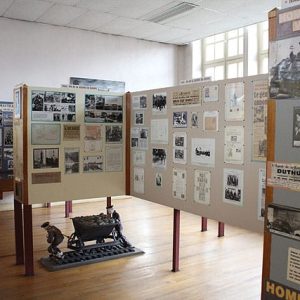
Musée de la Déportation et de la Résistance
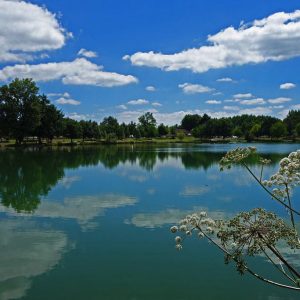
Caminadour

Festival Equestria
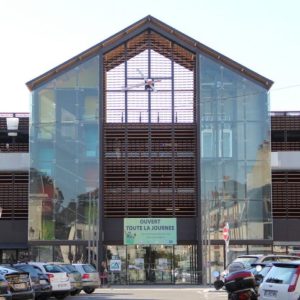
Grand Marché
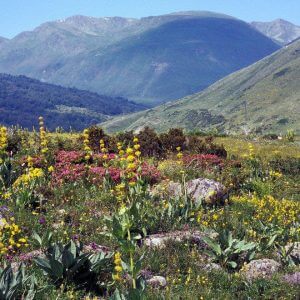
Square Mathon
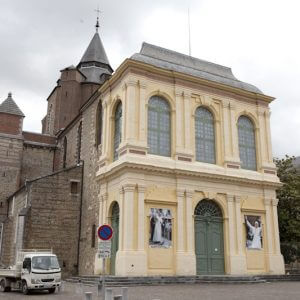
How to get there
Tarbes is situated close to both Toulouse and Biarritz. Other nearby places include Lourdes and Pic du Midi.To reach Tarbes, you can take the bus route along line 251 from Toulouse. This bus will take you directly to Tarbes. You can also reach Toulouse by bus or train. Toulouse has an airport you can use to fly in.Intercités and Ter run trains that travel between Toulouse and Tarbes every two hours. Another place you can reach Tarbes from is Lourdes. Lourdes also has an airport you can use to fly to the town.
From Lourdes, the bus along line 965 will take you to Tarbes. Trains from Intercités, Ter, and Tgv can also take you to Tarbes. These leave Lourdes every three hours.
From Toulouse, Tarbes is one and a half hours by car. From Lourdes, the village is a twenty-minute drive away.
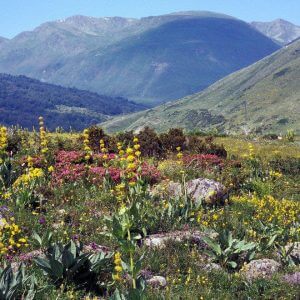
History & Culture
Tarbes has existed since Roman times. It was called Turba, or Tarba. Since then, the commune has developed into a robust equestrian destination. Raising and breeding horses is a part of the village’s history.Right up to the Second World War, a unit of French cavalry was positioned in Tarbes.
Today, the village is a well-known place to vacation in the South of France. Tarbes gets thousands of tourists yearly, not just for its scenic beauty but also for the European Equestria festival held every summer.
